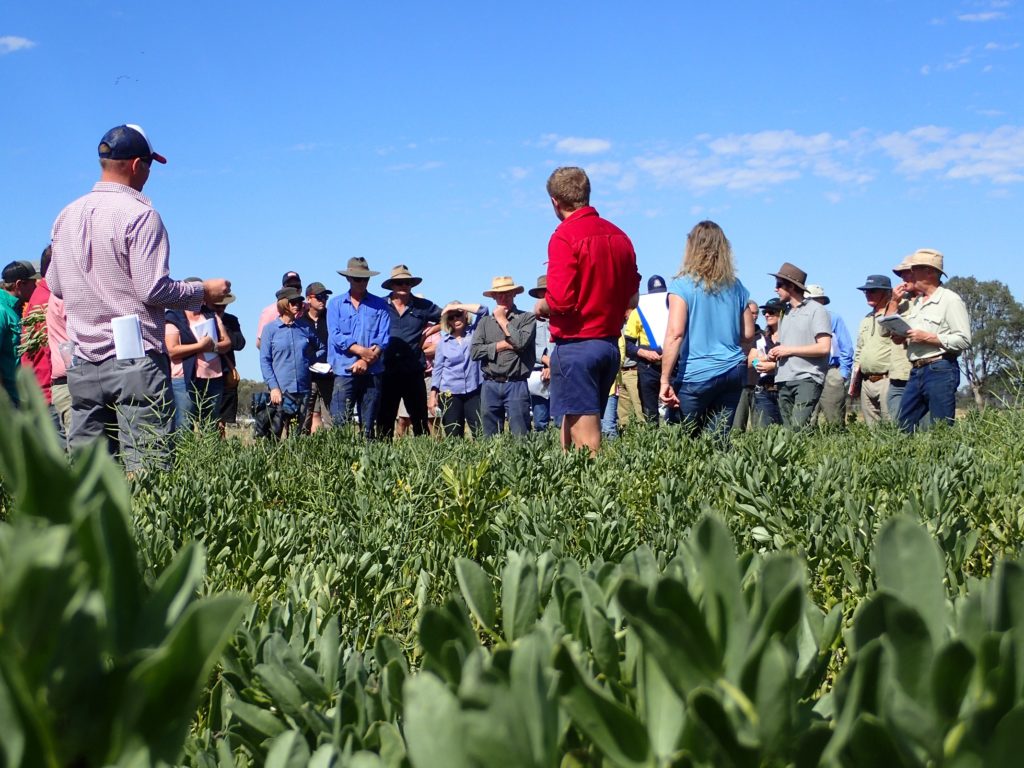Community stories: 25 September 2023
For many remote, rural and regional communities, drought has been impacting families and businesses for years. Even though it is not always covered in mainstream news, those living in certain parts of Australia know all too well what lasting effects drought can have. For many working in the agriculture industry, the thought of current and future drought can be a stressful and frightening prospect with crops and livestock often hit the hardest. However, in each of these communities there is a fighting spirit, often driven by community-led groups and not-for-profits (NFPs) that work hard to support the wider community.

One of these groups is the Gippsland Agricultural Group who are driven by achieving results for farmers in the south east region of Gippsland in Victoria. The organisation is made up of Central and East Gippsland farmers and service providers that have joined forces as people with the shared desire to improve productivity, profitability and sustainability using research, collaboration, product trails and demonstrations to communities in the area.
One example of how Gippsland Agricultural Group planned to achieve this was by holding multiple field days. The Gippsland ‘Connect and Prepare’ field days were designed to build a sense of place and connection for farmers. Research conducted shows that farmers are most comfortable learning from other farmers in informal settings such walking around a paddock talking or learning while doing. For Gippsland Agricultural Group, providing resources like easy access to agricultural service providers, mental health and financial support, as well as strategies and tactics and practical learning, are all key to strengthening preparedness and resilience to future drought events.
Using a $42,920 grant through the Australian Government’s Future Drought Fund Networks to Build Drought Resilience program, Gippsland Agricultural Group held two farmer field days. Both days focused on farmer mental health and wellbeing by bringing health service providers to an environment where farmers are comfortable and feel they will be more likely to engage with services. Each day also featured key staff from other agricultural networks to encourage relationship development, project collaboration and sharing of ideas and resources. The first field day targeted producers, with a focus on networking and connecting with one another and relevant agriculture service providers.
While the field days are a great way to network and increase social interaction, the key purpose of the events is to build knowledge and skills with the estimated 200 producers, 15 agricultural agencies and service providers, and eight agricultural produce-led focus groups.
These events increased participant knowledge and understanding of the risks posed by drought by offering a program that shared information on climate variability. The events carried positive messaging about the resilience of regional producers focusing on practical, implementable drought preparedness solutions for everyday mum and dad farms.
In addition to funding the field days, the grant also enabled the installation of basic toilet facilities at a site frequently used for social and professional networking events. The community now has access to a space that supports educational, social and networking activities in a safe and hygienic space.

